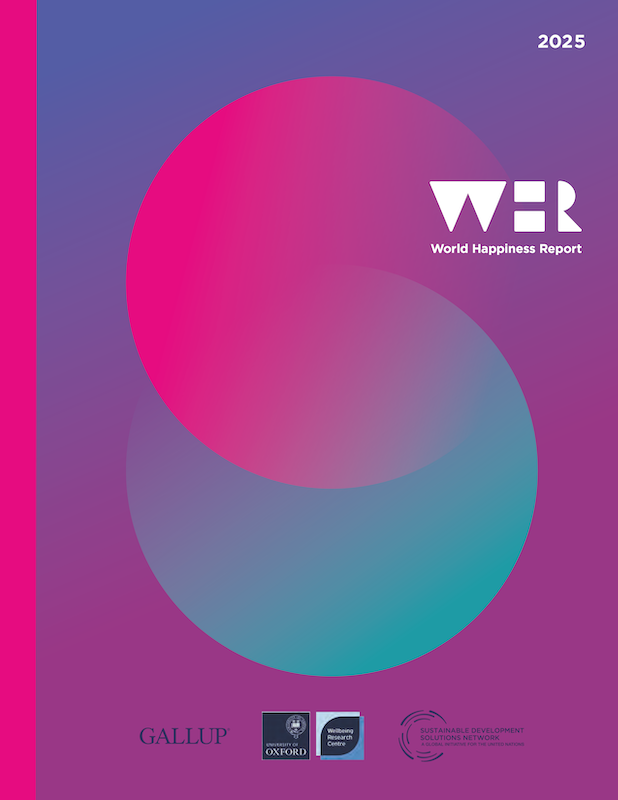The World Happiness Report 2025, released on March 20, 2025, to mark the United Nations International Day of Happiness, offers a detailed look at global happiness levels and the factors driving them. Published by the Wellbeing Research Centre at the University of Oxford, in partnership with Gallup, the UN Sustainable Development Solutions Network, and an independent editorial board, this 13th annual report focuses on the theme of “caring and sharing” and its impact on well-being. Here’s a summary of its key findings.
Finland Leads, U.S. Hits Record Low
For the eighth consecutive year, Finland tops the list as the world’s happiest country, scoring 7.736 out of 10 on the Life Evaluation Index, which measures how people rate their lives on a 0-10 scale. Nordic countries continue to dominate, with Denmark (2nd), Iceland (3rd), and Norway (7th) also ranking high, reflecting strong social support, trust in institutions, and equitable societies. Meanwhile, the United States has fallen to its lowest-ever position at 24th, down from 23rd in 2024, driven partly by declining happiness among young people under 30, who report feeling less supported and less optimistic about their future.
Caring and Sharing Boost Happiness
This year’s report emphasizes the dual benefits of caring: it enhances the well-being of both recipients and those who give. Data from the Gallup World Poll reveals that acts of benevolence—such as donating, volunteering, or helping strangers—correlate with higher happiness levels. A notable finding is that people globally underestimate others’ kindness. For example, experiments showed wallets dropped in public were returned at rates far higher than expected, particularly in top-ranked countries like the Nordics, where trust in others is a strong predictor of happiness.
Social Connections Matter
The report highlights the link between social relationships and well-being. Sharing meals with others is associated with higher life satisfaction worldwide, yet solitude is on the rise. In the U.S., 1 in 4 people reported eating all meals alone in 2023—a 53% increase since 2003—especially among the young. Household size also plays a role: happiness peaks in households of four to five people in regions like Mexico and Europe, while living alone is tied to lower happiness. Globally, 19% of young adults in 2023 said they had no one to count on for support, up 39% from 2006, signaling a growing loneliness crisis.
Regional Shifts and Emerging Trends
For the first time, Latin American countries Costa Rica (6th) and Mexico (10th) entered the top 10, credited to strong social networks and optimism about economic direction. Eastern and Central Europe also show gains, with Lithuania (16th), Slovenia (19th), and Czechia (20th) climbing the ranks. However, declines in happiness and trust in the U.S. and parts of Europe are linked to political polarization and anti-system sentiment, underscoring the societal impact of well-being.
Implications for Policy and Society
The World Happiness Report 2025 reinforces that happiness extends beyond wealth, rooted instead in trust, connection, and mutual care. Countries with higher rates of benevolent acts report fewer “deaths of despair,” while mental health interventions emerge as cost-effective ways to boost happiness, even in low-income nations. As global leaders digest these insights, the report calls for policies that foster social bonds and address rising isolation, particularly among youth.
For the full report and detailed rankings, visit https://worldhappiness.report/ed/2025/
Image source: https://wellbeing.hmc.ox.ac.uk/publications/world-happiness-report-2025-executive-summary/
